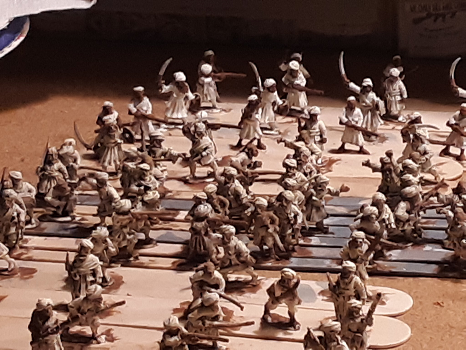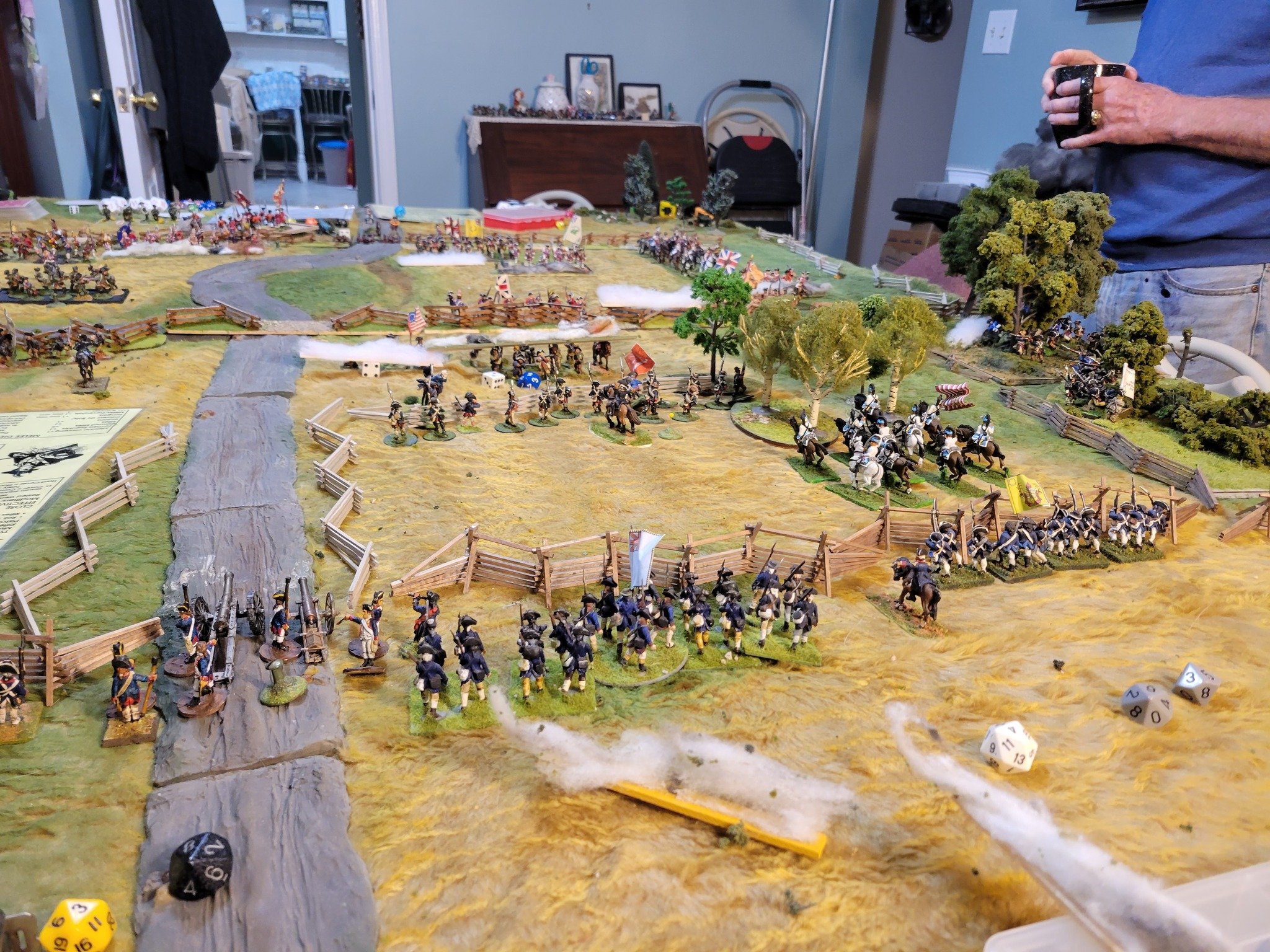Strategic wargaming focuses on the larger-scale aspects of warfare, such as planning campaigns, managing resources, and making high-level strategic decisions. This type of wargaming allows players to take on the role of military commanders or heads of state, making decisions that can shape the outcome of conflicts. Here are some key aspects of strategic wargaming:
Scope and Scale: Strategic wargaming covers a broad scope and scale, often involving multiple theaters of war, strategic resources, and geopolitical considerations. Players are responsible for making decisions that affect the overall course of a conflict or campaign.
Campaign Planning: Strategic wargaming typically involves campaign planning, where players set objectives, allocate resources, and make decisions regarding the deployment and movement of forces. This includes strategic considerations such as supply lines, logistics, intelligence gathering, and diplomatic negotiations.
Resource Management: Strategic wargames require players to manage resources such as manpower, weaponry, fuel, finances, and industrial production. Decisions must be made regarding the allocation of resources, prioritizing research and development, and maintaining a balance between offensive and defensive capabilities.
Diplomacy and Alliances: Strategic wargaming often includes diplomatic aspects, allowing players to engage in negotiations, form alliances, and influence the actions of other factions. These interactions can have significant impacts on the overall geopolitical landscape and the success of military campaigns.
Strategic Decision-Making: Players must make critical strategic decisions, such as selecting targets for offensives, defending key positions, allocating forces to different theaters, and assessing risk versus reward. These decisions can have far-reaching consequences for the outcome of the conflict.
Time and Resource Constraints: Strategic wargaming often introduces time and resource constraints, forcing players to prioritize objectives and make difficult trade-offs. This adds an element of realism and strategic challenge to the game play.
Political Considerations: Strategic wargames may incorporate political considerations, including the impact of public opinion, domestic politics, and the morale of civilian populations. Players must navigate political challenges and make decisions that align with broader political objectives.
Long-Term Planning: Strategic wargaming focuses on long-term planning and the execution of campaigns over extended periods. Players must think several steps ahead, anticipate enemy moves, and adapt their strategies based on changing circumstances.
Strategic wargaming offers a comprehensive and immersive experience, allowing players to explore the complexities of military campaigns, resource management, and geopolitical considerations. It requires strategic thinking, long-term planning, and decision-making skills. Whether focused on historical conflicts or hypothetical scenarios, strategic war gaming provides an opportunity to test and refine strategic acumen in the context of warfare.



